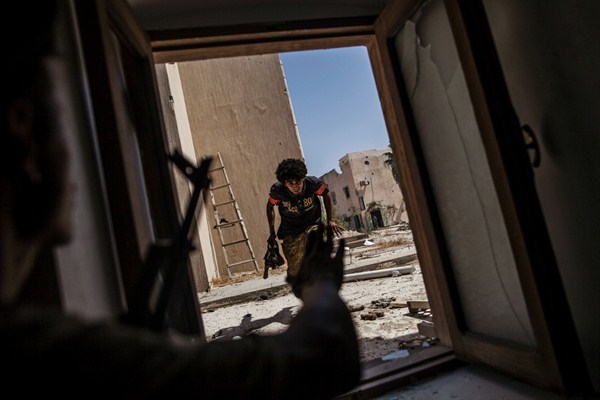The liberation of the Libyan city of Sirte from the self-proclaimed Islamic State late last year seemed like a major step in stabilizing Libya and combating terrorism in North Africa. But Libya’s still-stalled political dialogue and internal rifts have tempered any gains.
Despite—or perhaps because of—the terms of the U.N.-backed peace deal signed in Morocco in December 2015 to form a unity government, Libya remains plagued by strife between two main rival blocs in eastern and western Libya, which are unable to find common ground. The Tripoli-based Government of National Accord, or GNA, that was set up 14 months ago has rapidly shown its limits. Rather than lead to reconciliation with the rival House of Representatives based in the eastern city of Tobruk, the new political order created by the GNA is completing the country’s fragmentation.
The Tobruk faction still hasn’t even approved the terms of the GNA’s implementation. Last month, a meeting of Libyan parties in Tunisia attempted to bridge their gaps, until the House of Representatives boycotted it. A new meeting was planned earlier this month in Cairo between Gen. Khalifa Haftar, the powerful military leader backed by Tobruk who opposes the government in Tripoli, and the GNA’s prime minister, Fayez al-Sarraj. But at the last moment, Haftar decided not to attend. Despite the efforts of his regional backers, such as Egypt, Haftar does not show any willingness to reach a political denouement, as he thinks only a military solution can restore security and chase Islamist groups out of the country.

